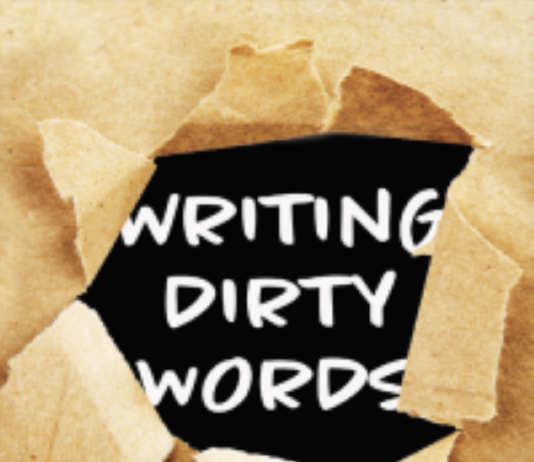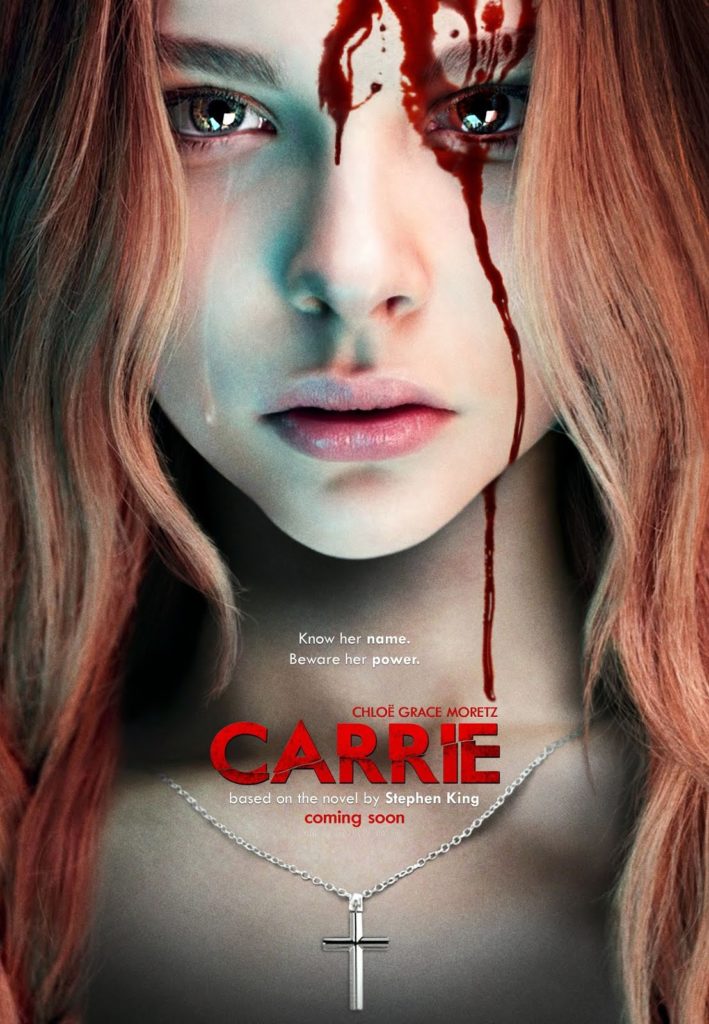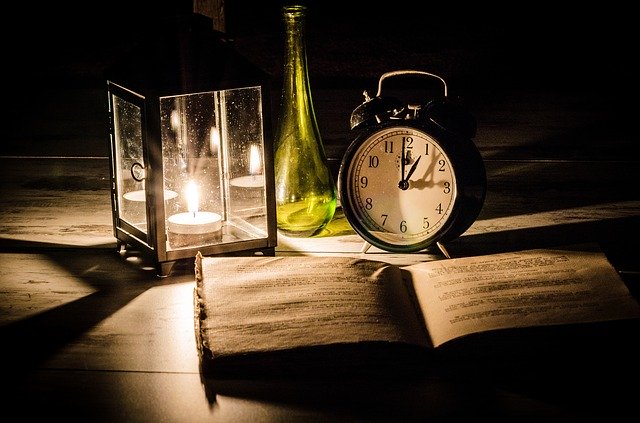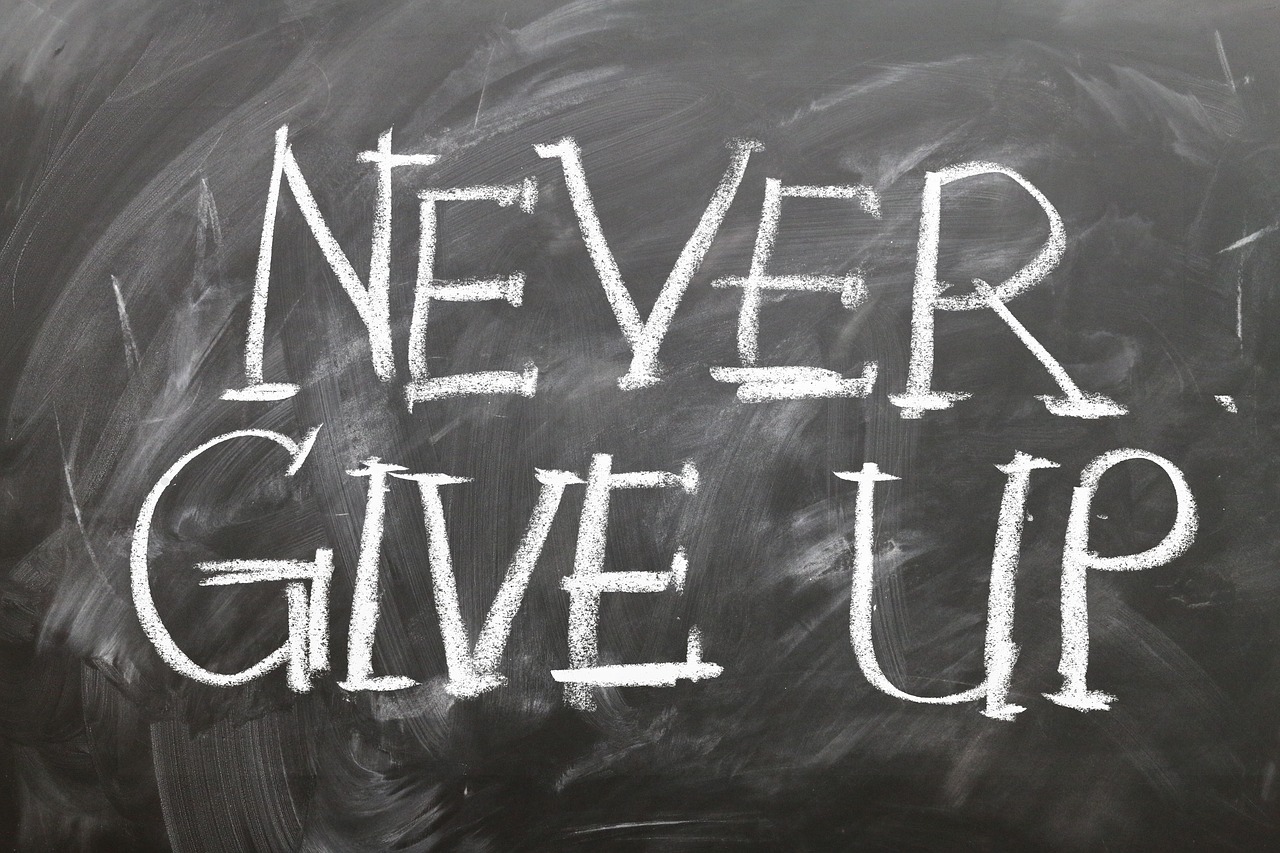Part of the freelance writer life, at least mine, un-agented as I am and writing across lots of formats and genres (it’s not all just chocolate sauce dripping on robots’ nipples with me), is to consistently look for writing jobs. There seems to be a bunch of them out there. But don’t be fooled; quite frankly, a lot are right shite. Too many supposedly “legitimate” employers are looking to rip a writer off and still many more, have no clear idea what they want and what a fair price is for the scribbling we do.
How then does one cut the fat from the meat, sanely vet these jobs, keep from falling into the trap of spending time, energy, and sometimes even money on a job that is not going to pan out?
Here are five red flags to be on the lookout for when searching through those writing jobs.
1.) You see the same ad over and over.
While Craig’s List is the lowest common denominator for most things, and I think I find maybe 1 job out 20 there that I send resumes out for, it is a place I do check on occasion. But if I see the same ad for freelance writing needed from the same poster frequently (or every day as I do this one ad) there might a reason why this position isn’t ever filled. No, it’s not because the employer has a ton of work! Beware.
2.) They ask for specific samples.
This is not an absolute red flag, but I have come across enough would-be employers out there asking for ‘samples’ from writers they are considering. What always prompts my suspicion here is that it would be all too easy to cull a bunch of samples for writers hungry for work (which most of us writers always are) amass a bunch of free pieces, then never have to pay anybody.
3.) The payment is unspecified or “contingent upon.”
Sorry, but there are tons more net businesses and those ‘going-to-be-the-next-big-thing’ ideas than are those that are genuinely successful. Waiting for your pay contingent upon how much or well a site sells views, downloads, etc. or not ever given a set price per work (or however else the employer wants to set up your pay scale) are sure signs this might not be the employer you want to deal with.
4.) They take forever getting back to you.
In this day and age, as I have mentioned before, there is no reason not to get back to someone in a timely manner… that is, if getting back to them in a timely manner matters to you. If it does not matter to your possible employer than it shouldn’t matter so much that you work for them.
5.) Even if they do get back to you in a timely matter, you don’t know what the hell they are talking about.
This is no small point and something I have encountered more than once. From my experience, there is usually nothing malicious here, and the employer isn’t trying to be obtuse, it’s just that I come to a communication loggerhead with them. Even if two people want to work together and a good amount of the preliminary is worked out, there are just those times that even the most reasoned and well-intentioned employer and employee can’t seem to understand what the other wants. As I say, I have been in this pickle a few times, my writing just doesn’t hit the mark they were hoping for, even after I have been paid, or I just can’t seem to hit on the vision the employer wants, despite how much we come to talk about the work.
In Conclusion:
Granted the above are only five points you need to watch out for when looking for a job. The money might be great, the potential employee the nicest person you have ever spoken to, but for the reasons above and many more, there are times you’d be well cautioned to take a job. Yes, I know you want to work, I know the writing jobs are few and far between. But not all jobs are for all people or are even worth pursuing at all.






















































